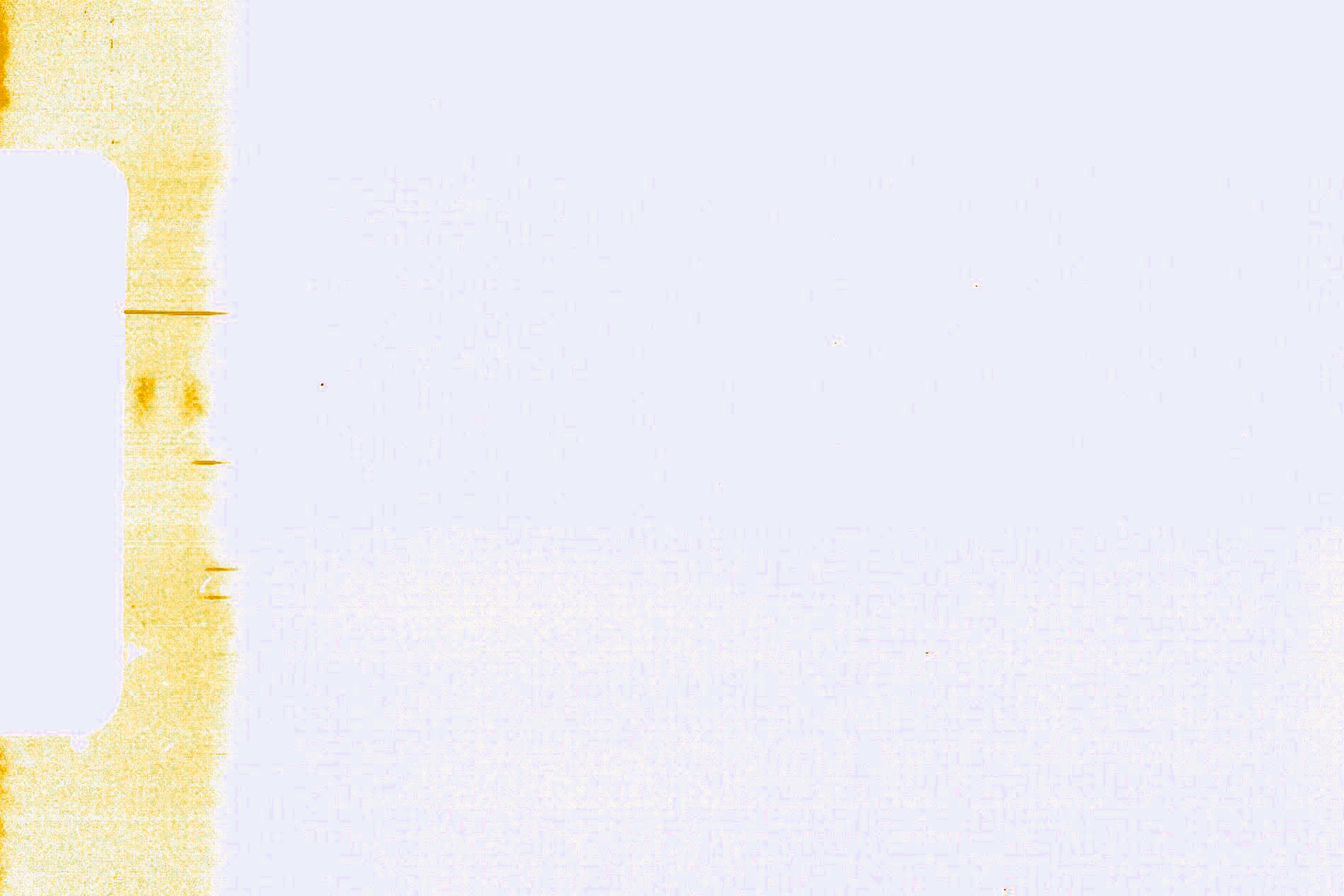
There is little to be said that hasn’t been said about Freud. I was overburdened with sourceless fears and imagined counterarguments to my unwritten words. I read another piece by Derrida, this time an address to the States General of Psychoanalysis called “Psychoanalysis Searches the States of Its Soul: The Impossible Beyond of a Sovereign Cruelty.” What I liked most was when he discussed the political stakes of psychoanalysis, and very deliberately used the word “revolution.” He said that the psychoanalytic session can usher in a micro-revolution, “perhaps the first revolution that matters.” [10]
This micro-revolution of self-understanding is with me as I write. It haunts me from the future. I’ve included myself in such a way that seemed inevitable to me. I simply couldn’t resist it. And so it feels like this all has so little do do with Freud. I’ve said so little about him, really. And maybe now I’m coming to a conclusion of sorts. Or at least it feels that way. This whole time I’ve been trying to write of Freud, I’ve also been compelled to write about myself writing. I’ve felt driven to autobiography and resistant to it at the same time.
And this reminds me of what Derrida says when he talks about Freud’s own signature on his archive. There is a connection between psychoanalysis and literature — everything said or written in the name of psychoanalysis is also done in the name of Freud. The science of psychoanalysis is also the science of Freud. This implication of author is the originary complexity of psychoanalysis. It encompasses within itself not just the facts, but the author’s own interpretive struggle. This is why I couldn’t avoid writing about myself, or at least writing about myself writing about Freud. The wager of psychoanalysis is the persistant constructing and unraveling of its most authoritative self. I too have unraveled. I did so in the name of Freud.